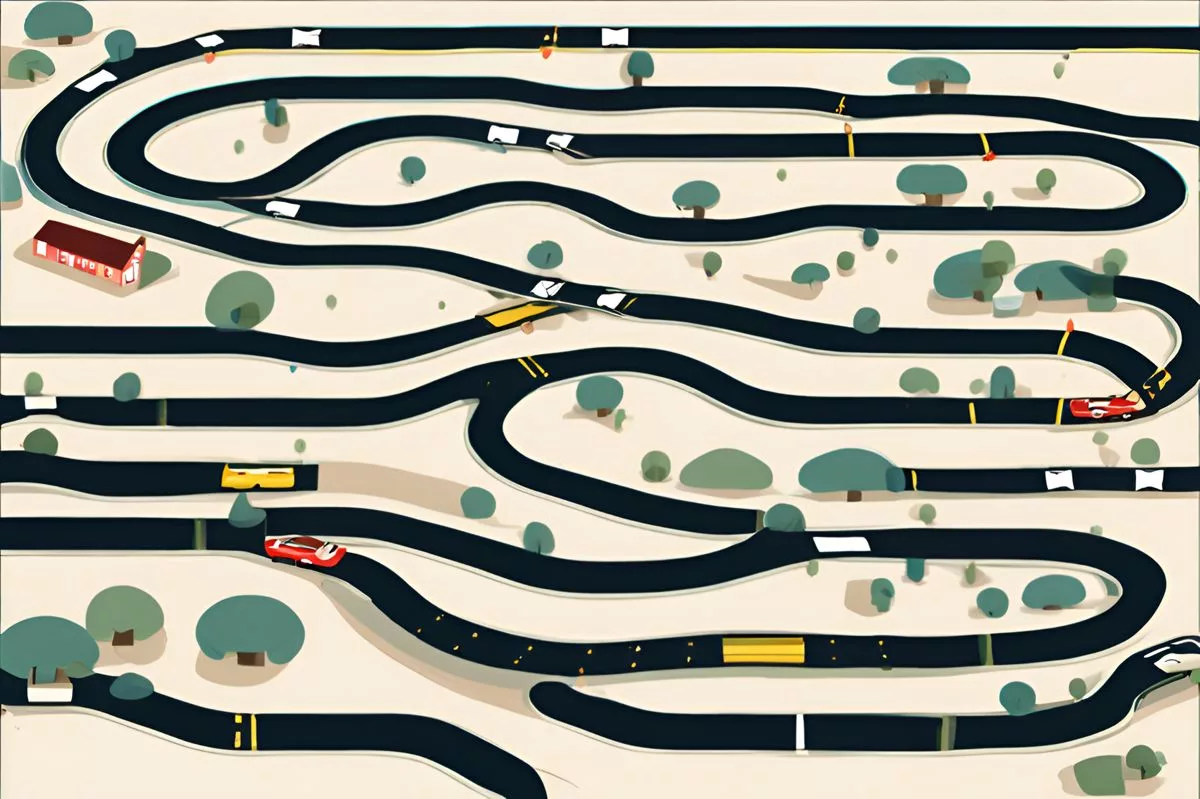South African President Cyril Ramaphosa’s suggestion to discontinue social grants after the 2024 General Election if the African National Congress (ANC) does not win has caused political unrest. Opposition parties doubt the welfare system will be eradicated, and instead, offer different approaches, such as a Basic Income Grant or voucher system for job seekers. The future of social grants is yet to be determined, and discussions among political parties highlight the complexity of the issue and the potential to alter South Africa’s socioeconomic structure.
Potential Changes in South Africa’s Social Welfare System
South African President Cyril Ramaphosa suggested the possible discontinuation of social grants after the 2024 General Election if the African National Congress (ANC) does not win. Opposition parties have expressed their doubts about the ANC’s social welfare system being totally eradicated. The future of social grants after the 2024 General Election is yet to be determined, and these contrasting views highlight the issue’s intricacy.
The Political Unrest Stirred by Ramaphosa
South African President Cyril Ramaphosa instigated a political stir earlier this year when he suggested the possible discontinuation of social grants after the 2024 General Election if the African National Congress (ANC) does not win. This political tactic peaked when the ANC in April unexpectedly increased the Social Relief of Distress (SRD) grants of the South African Social Security Agency, a move that happened for the first time after a four-year pause following its establishment during the COVID-19 crisis.
Skepticism from Opposition Parties
Opposition parties have expressed their doubts about the ANC’s social welfare system, often labeled as ‘pro-poor policies’, being totally eradicated. GroundUp, a grassroots news initiative, recently explored the potential future of social grants post the 2024 General Election, leading to fascinating perspectives from several of South Africa’s political parties.
The Democratic Alliance (DA), for instance, prefers the introduction of a Basic Income Grant, committing to explore ways to make it economically viable. The Freedom Front Plus, while not objecting to the grant, questions its capacity to effectively tackle poverty and unemployment. They offer an alternative approach in the form of a voucher system for job seekers to offset expenses related to the job search, such as travel, phone, and internet costs, hence encouraging active job search rather than reliance on welfare.
Contrasting Views from Other Political Parties
ActionSA, another political party, envisions the Universal Basic Income Stimulus (UBIS) as a method to alleviate poverty when considering social grants post the 2024 General Election. The party has proposed a UBIS structured into poverty tiers, with monthly cash transfers increasing from R790 in the first year to R1 101 in the second year, and finally reaching R1 622 in the third year. The party intends to fund this initiative by reallocating budget resources.
On the other hand, RISE Mzansi opposes the concept of a Basic Income Grant, contending that it inadequately addresses South Africa’s socioeconomic issues. They advocate for an all-encompassing social support system for the jobless and underserved residents. Their manifesto details targeted assistance, such as food vouchers for households in need, social support for single mothers, and provisions for job seekers in the form of access to skills training and affordable public transportation.
The Impending Reassessment of the Social Welfare System
The future of social grants after the 2024 General Election is yet to be determined, and these contrasting views highlight the issue’s intricacy. The social grants system, which is a crucial aspect of South Africa’s welfare structure, carries significant implications for the forthcoming elections, reflecting the diverse welfare philosophies of the political parties. However, one thing is certain – a significant reevaluation of the social welfare system is on the horizon, with the potential to alter South Africa’s socioeconomic structure.
As political parties lay out their plans to revamp, maintain, or modify the social grants system, their strategies expose the complex relationship between socioeconomic policy, political maneuvering, and the hopes of the South African populace. The discussion on social grants isn’t just about welfare; it mirrors the larger political environment and the ongoing efforts to cultivate a robust, inclusive, and progressive South Africa.
Despite the initial political turmoil caused by President Ramaphosa’s statements, they have since spurred a necessary debate on social welfare and its future in South Africa. As we move closer to the 2024 General Election, this debate continues to evolve, offering insights into the varied perspectives of South Africa’s political parties and the potential future of the country’s social welfare system. Each proposal presents a unique vision for the future of South Africa – a testament to the lively political environment that continues to influence the nation’s destiny.
What is the political unrest caused by Cyril Ramaphosa’s suggestion to discontinue social grants after the 2024 General Election if the African National Congress (ANC) does not win?
Cyril Ramaphosa’s suggestion to discontinue social grants after the 2024 General Election if the African National Congress (ANC) does not win has caused political unrest in South Africa. The opposition parties doubt the welfare system will be eradicated, and instead, offer different approaches, such as a Basic Income Grant or voucher system for job seekers.
What are the different approaches offered by opposition parties as an alternative to social grants?
Opposition parties offer different approaches as an alternative to social grants. The Democratic Alliance (DA), for instance, prefers the introduction of a Basic Income Grant, while the Freedom Front Plus offers an alternative approach in the form of a voucher system for job seekers. ActionSA envisions the Universal Basic Income Stimulus (UBIS) as a method to alleviate poverty, whereas RISE Mzansi opposes the concept of a Basic Income Grant, contending that it inadequately addresses South Africa’s socioeconomic issues.
What is the Universal Basic Income Stimulus (UBIS) proposed by ActionSA?
ActionSA envisions the Universal Basic Income Stimulus (UBIS) as a method to alleviate poverty when considering social grants post the 2024 General Election. The party has proposed a UBIS structured into poverty tiers, with monthly cash transfers increasing from R790 in the first year to R1 101 in the second year, and finally reaching R1 622 in the third year. The party intends to fund this initiative by reallocating budget resources.
What is RISE Mzansi’s stance on the Basic Income Grant?
RISE Mzansi opposes the concept of a Basic Income Grant, contending that it inadequately addresses South Africa’s socioeconomic issues. They advocate for an all-encompassing social support system for the jobless and underserved residents. Their manifesto details targeted assistance, such as food vouchers for households in need, social support for single mothers, and provisions for job seekers in the form of access to skills training and affordable public transportation.
What is the future of social grants after the 2024 General Election?
The future of social grants after the 2024 General Election is yet to be determined, and discussions among political parties highlight the complexity of the issue and the potential to alter South Africa’s socioeconomic structure. As political parties lay out their plans to revamp, maintain, or modify the social grants system, their strategies expose the complex relationship between socioeconomic policy, political maneuvering, and the hopes of the South African populace.
What is the significance of the social grants system in South Africa’s welfare structure?
The social grants system is a crucial aspect of South Africa’s welfare structure, carrying significant implications for the forthcoming elections, reflecting the diverse welfare philosophies of the political parties. A significant reevaluation of the social welfare system is on the horizon, with the potential to alter South Africa’s socioeconomic structure. The discussion on social grants isn’t just about welfare; it mirrors the larger political environment and the ongoing efforts to cultivate a robust, inclusive, and progressive South Africa.










